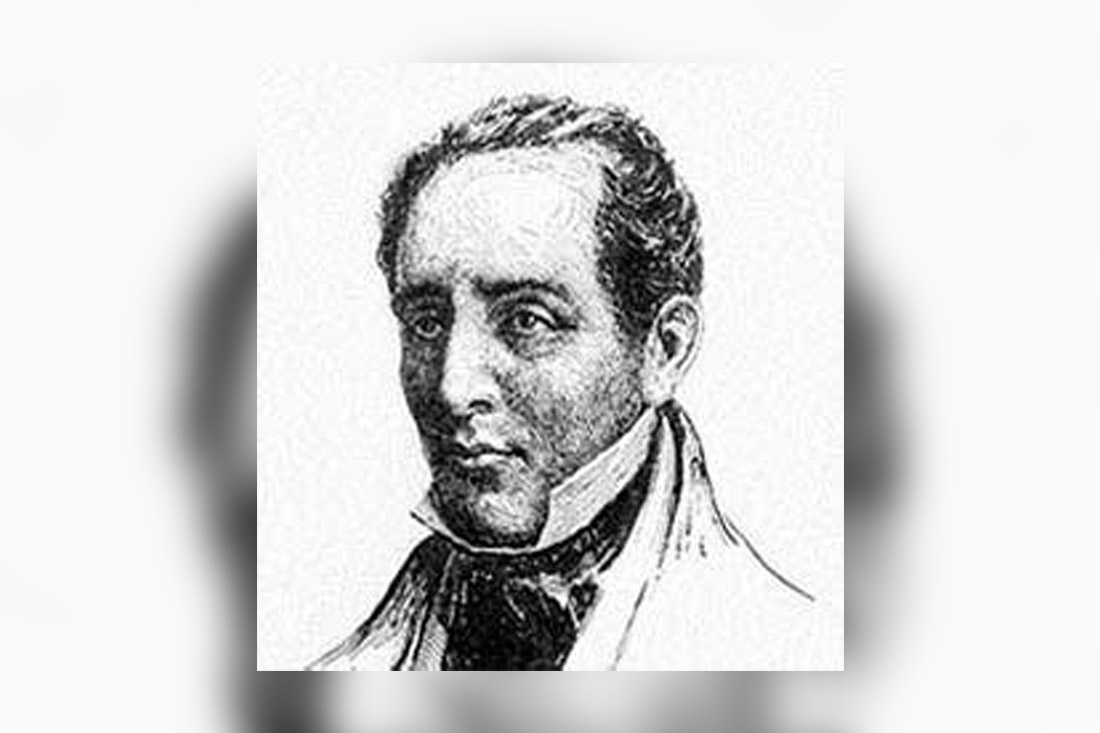I
Francisco Agüero and Duque Estrada, El Solitario, a well-known poet from Camagüey, who had several descendants, including Esteban, Brígida, Concha, Ángela and Francisco, who also stood out in the field of literature
II
Each historical period contributes epithets to Cuban cities and their inhabitants that transcend until they become “surnames” that immediately identify the inhabitants of those towns in our country, although in the case of Camagüey, unquestionably the distinctive city of the waterpots – the best known-, the city of churches, and even in the cultural world the one bequeathed to us by Nicolás Guillén “sweet region of shepherds and hats”, are also used a lot.
However, in the present 21st century, Camagüey, Cradle of Cuban Literature is gaining its space, among other reasons because the first recognized work in Cuban literature, Mirror of Patience, was written on our soil and many of its sons and daughters constitute essential voices in national literature.
III
On the other hand, mentioning names would inadvertently lead to forgetting some of those essentials, but under the pretext of the 216th anniversary of the birth of Francisco Agüero and Duque Estrada, better known as El Solitario, we look at this notorious poet from Camagüey, who had several descendants among them Esteban, Brígida, Concha, Ángela and Francisco; who also stood out in the field of literature.
He was a member of one of the oldest and most recognized families of Camagüey, the Agüeros, who had a noble lineage, however, many of its members were present in the liberating causes of the 19th century.
IV
El Solitario, was born in Puerto Príncipe on June 8th, 1806, his knowledge on literature and his status as a poet earned him prestige in the city, his anti-colonial position led him to conspire against Spain as a member of the Revolutionary Junta and support his cousin Joaquín Agüero in the independence uprising of Jucaral de San Francisco on July 4th, 1851.
After evading the Spanish persecution, he arrives in the United States of America three months later, to leave for Nicaragua, where, due to his merits, he works as director of the newspaper “El Nicaragüense” and then Police Prefect. The death of his wife in 1856 led him to request his return to Cuba through the Spanish Consul in New York, despite the charges against him.
Returning to Puerto Príncipe, he dedicates himself to teach in various fields of knowledge. He was a Faculty Member of the Literature and Languages Section of the Philharmonic Society of Puerto Príncipe, and in 1860 he assumed this direction.
V
He writes numerous literary works with various themes, among them «Meditaciones y Recuerdos», «A la razón», «Recuerdos de Nueva York and Nicaragua», «Al confluente del Tínima y Hatibónico», «Al Patriotismo”» and «El Padre Valencia y la Caridad Cristiana», among others.
His pen also reflected the arrival of the railway to the city, in the work «Himno» ”dedicated to Gaspar Betancourt Cisneros, a fragment of poetry refers us to the admiration towards the precursor of such a significant company.
Canten otros de Marte y Belona
O del genio del mal los furores,
Que yo quiero cantar los favores
De otro numen que adoro mejor.
Al mirar en las alas del genio
De la gloria en las altas regiones
¡ Lugareño! Estos rudos renglones
trazar quiere mi afecto por ti.
Sabe pues, que invocando tu nombre,
Hoy con jubilo ardiente te cante,
Y tu gloria contemple radiante
Con el triunfo de ferro – carril.
He fell ill in 1868 with a total paralysis of his body, which did not diminish his intellectual abilities. He died in 1892, his burial was a recognition to his intellectual and patriotic work. Despite this, up to the present there is no commemorative construction erected in his memory and the street that officially bears his name is more recognized by the old name Santa Rita. A debts that the city Cradle of Cuban literature has with one of her most outstanding poets.
Translated by: Aileen Álvarez García






